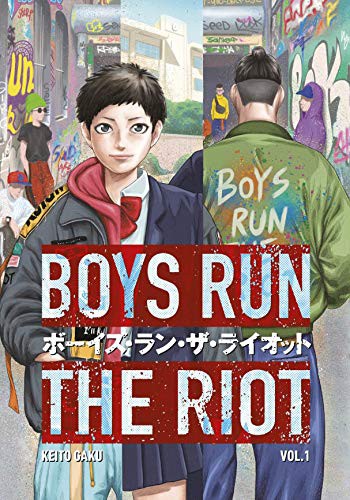Otts replied to Another Hopeful Fool's status
@BEZORP It’s challenge and not without fault, but I like her writing enough to push through.
I read 10-12 novels a week in grad school and some heavy literary theory. No interest in non-fiction now, and mainly read sci-fi and fantasy. Using this account to track/share my reading from 2023 onward (and maybe backward, if my completionist tendencies kick in).
This link opens in a pop-up window
@BEZORP It’s challenge and not without fault, but I like her writing enough to push through.
I was impatient with this for a number of reasons: books that require a Dramatis Personae feel needlessly complex (which is why I steer clear of high fantasy), the long interval between reading the prior book in this series, Bashat/Bashasa as Prince-heirs in different times—all of this confused me. But! Even though I felt lost much of the time, it delivers.
I’m a fan of Schwab—she always delivers. Not sure why, but I was surprised this turned out to be a vampire novel. Lesbian vampires! Schwab makes some interesting tweaks to the lore, like how walking on graveyard soil is deadly to them. And explores how immortality affects them differently; the way some are less/more successful at hanging on to their humanity. A sad, hollow ending though. On the longer side, but unlike many of the other books I’ve read this year that should’ve been shorter, this (mostly) knew how to tell a good story.
This book just kept going in the most unexpected and delightful directions: witches, trans, and lesbian characters, yes! 18th Century literature, research, and right-wing trolls appearing but not being given air or space, YES. Polyamorous queers, messy relationships, and a human perspective that I wish more people strived for, 🥹 I love how Anders’s mind and heart works.
Challenging. Race, gender, sexuality and all the ways family, chosen/blood, as well ourselves can get tangled up in unexpected ways of causing pain. It’s not torture, just real, which can feel like something close. The queer marriage at the center can feel a bit saccharine, even with all the sex. But the MC’s experience as a Black, trans, woman is so distinct, it’s a privilege to read.
Four friends try to create a space for themselves and those like them: Black, weird, and queer. But they have to deal with Hoteps, preachy aunties, and their own insecurities. Funny and real.
Spirits of the dead can linger and take up residence inside certain people. Young Makepeace, a Puritan in 1640s England, is possessed by a bear early in the novel—a fascinating set-up. Life was hard then, especially with shady family she begins to learn disturbing things about. Second Hardinge title I’ve read. This goes in many unexpected places, but drags a bit under too much plot by the end.
I don’t read much manga. Unless it’s the quieter kind like “The Walking Man,” the high emotion and genre conventions just aren’t my thing. But I love that this story exists, in this form, by this author: a trans masc student starts a clothing brand with their cis- rebel classmate. I plan on finishing the series.
Beautifully odd and gentle: alternating perspectives between a runaway slave in ancient times and … the wind. Observations on animal and human behavior (like, how we learned freedom from cats, how to enslave workers from donkeys). Had to skip the first (few) chapter(s) though—maybe a printing error that made it hard to follow. Peters out towards the end, but glad I read it.
Four kids, each representing types of people and artists—the one with ideas, the one who can draw, the one who only sees their mistakes, and the one who likes to try new things—form the titular club. And we get an easy to understand how-to for making comics (and friends). Fun and accessible lessons with McCloud’s usual meta references to the genre.
Content warning Recurring, disturbing violence in this series
Re-read to prep for the final book in the trilogy. See, these 600+ pages are warranted, unlike 95% of the sci-fi/fantasy books I’ve read this year. The Books of Dust evolve and complicate the beloved world of His Dark Materials in many ways, but one of the most arresting is in the relationships between people & their daemons. It’s shocking, heart-breaking, and very human. This world is brutal. He doesn’t spare Lyra from sexual violence, which, after Alice’s rape in the first book, is two too many for me.
Part 1 of a Reconstruction duology, where Black and Native folks are conscripted to fight zombies. Even in an alternate history, Caucacity is on full display: when these are the people who are saving your miserable lives, you still create systems to oppress them. But Ireland isn’t preachy or heavy-handed about it at all. Her world-building just happens to include colorism, miscegenation, and zombies.

AT THE SEAMS
High schooler Ryo knows he’s transgender, but he doesn’t have anyone to confide in about the …
Unhinging my jaw to devour these. The third book in this series, despite its title character, flags a bit. A continuing trend from book two! Drawing out the romance between our young detectives with the usual misunderstandings felt cheap. And the villain’s fate is unsatisfying. You know I’ll keep reading this series, but I’m hoping it holds up the promise of the first book.